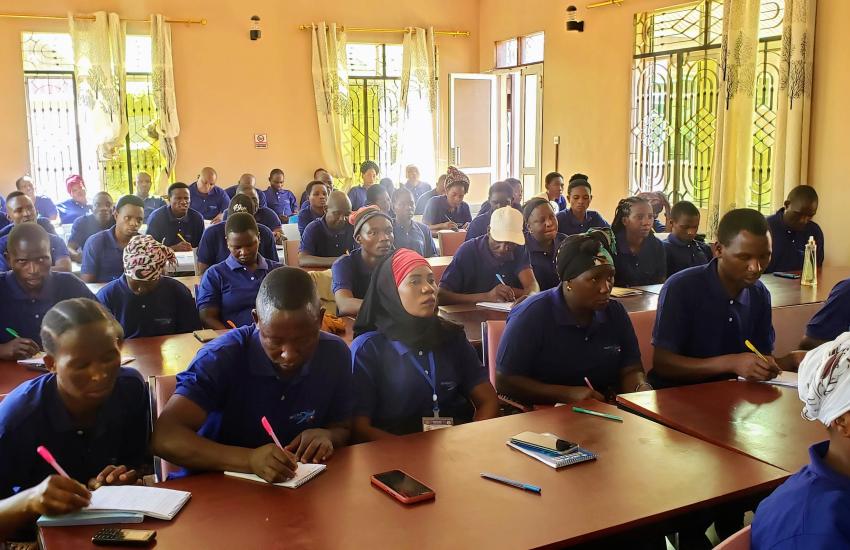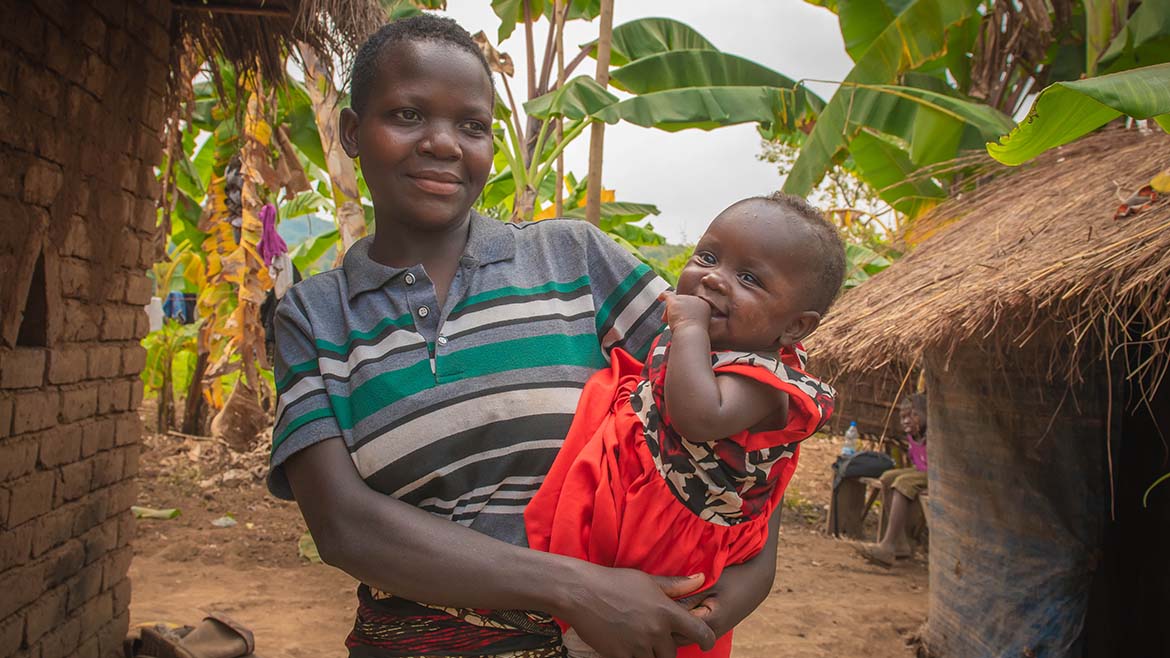CHW Advocate
Empowering Community Health Advocates
At HIMSO, Community Health Workers (CHWs) are more than just frontline staff; they are the heart of the mission and most powerful advocates. Their advocacy role is a cornerstone of HIMSO’s work, ensuring that the needs and voices of the community are heard and addressed at every level of the healthcare system.
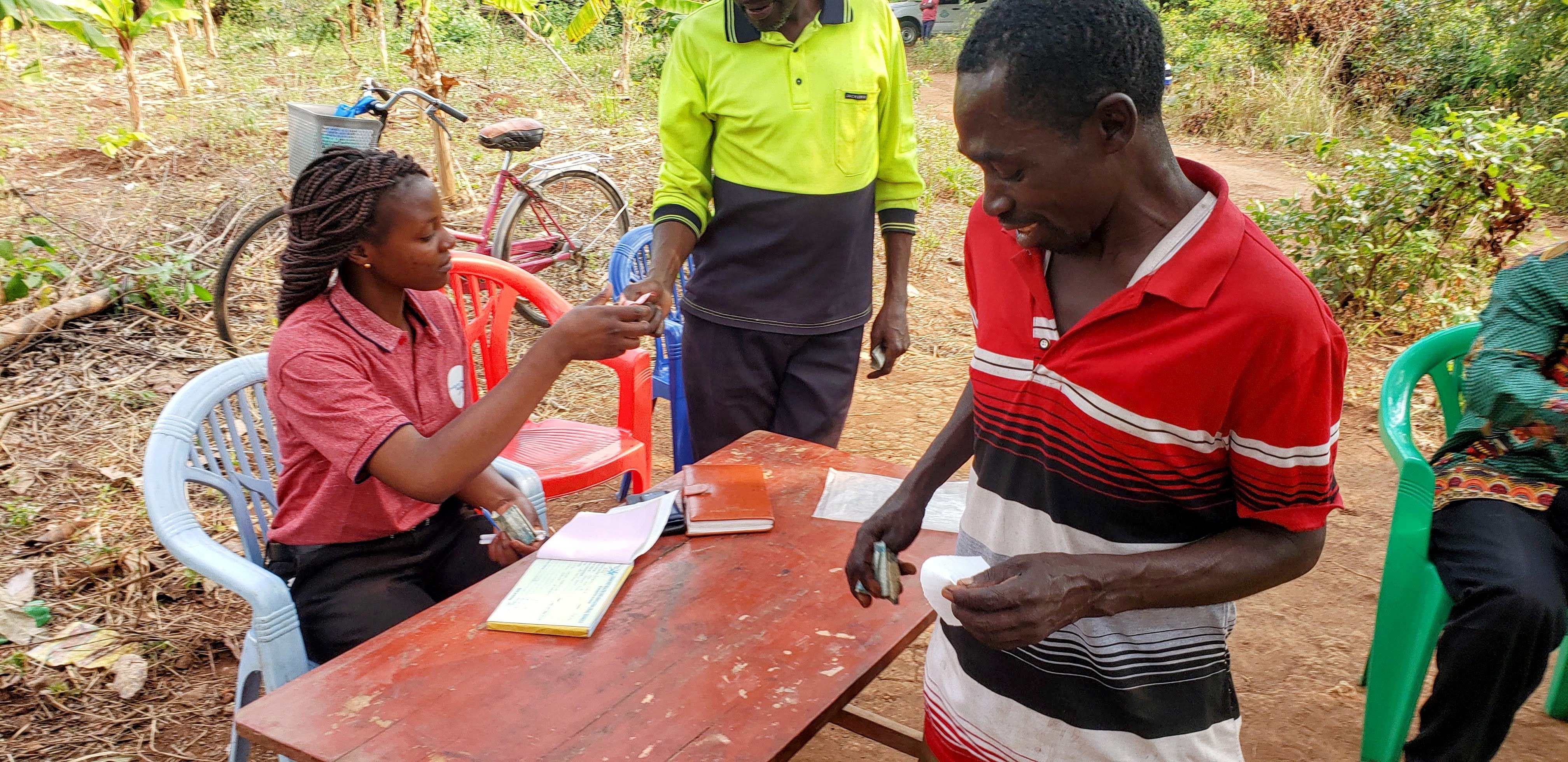
What is the CHW Advocacy Role?
Community Health Workers (CHWs) are trusted members of the community. They often live in the very villages they serve, which gives them a unique understanding of the local culture, needs, and health challenges. This deep connection allows them to act as a vital bridge between community members and the formal health system.
Their advocacy role involves:
- Empowering Communities: CHWs don't just enroll households in the iCHF and DharuraFasta; they educate and empower them. They explain the importance of investing in health, breaking down complex health financing concepts into simple, understandable terms. They help families see the long-term benefits of the program, fostering a sense of ownership and collective responsibility for community health.
- Giving Voice to the Voiceless: CHWs are a direct link from the grassroots to the top. They collect feedback, identify barriers to healthcare access, and report on the specific needs of their communities. This critical information is fed back to HIMSO and, through its representation on the National iCHF Taskforce, is used to inform policy and strategic decisions at a national level. This ensures that the iCHF program and DharuraFasta remain responsive and relevant to the people being served.
- Building Trust and Confidence: The advocacy of CHWs is essential for building trust in the formal health system. By providing accurate information and acting as a familiar, friendly face, they help dispel misinformation and encourage people to use health facilities. Their presence demonstrates that the healthcare system is not a distant, intimidating entity but a partner in their well-being.
Our CHW Advocacy in Action
HIMSO actively strengthens the advocacy role of our CHWs through targeted support and resources:
HIMSO equips CHWs with the knowledge and tools they need to be effective advocates. This includes training on the specifics of the iCHF and DharuraFasta enrolment techniques, healthcare information & education materials, and data collection methods.
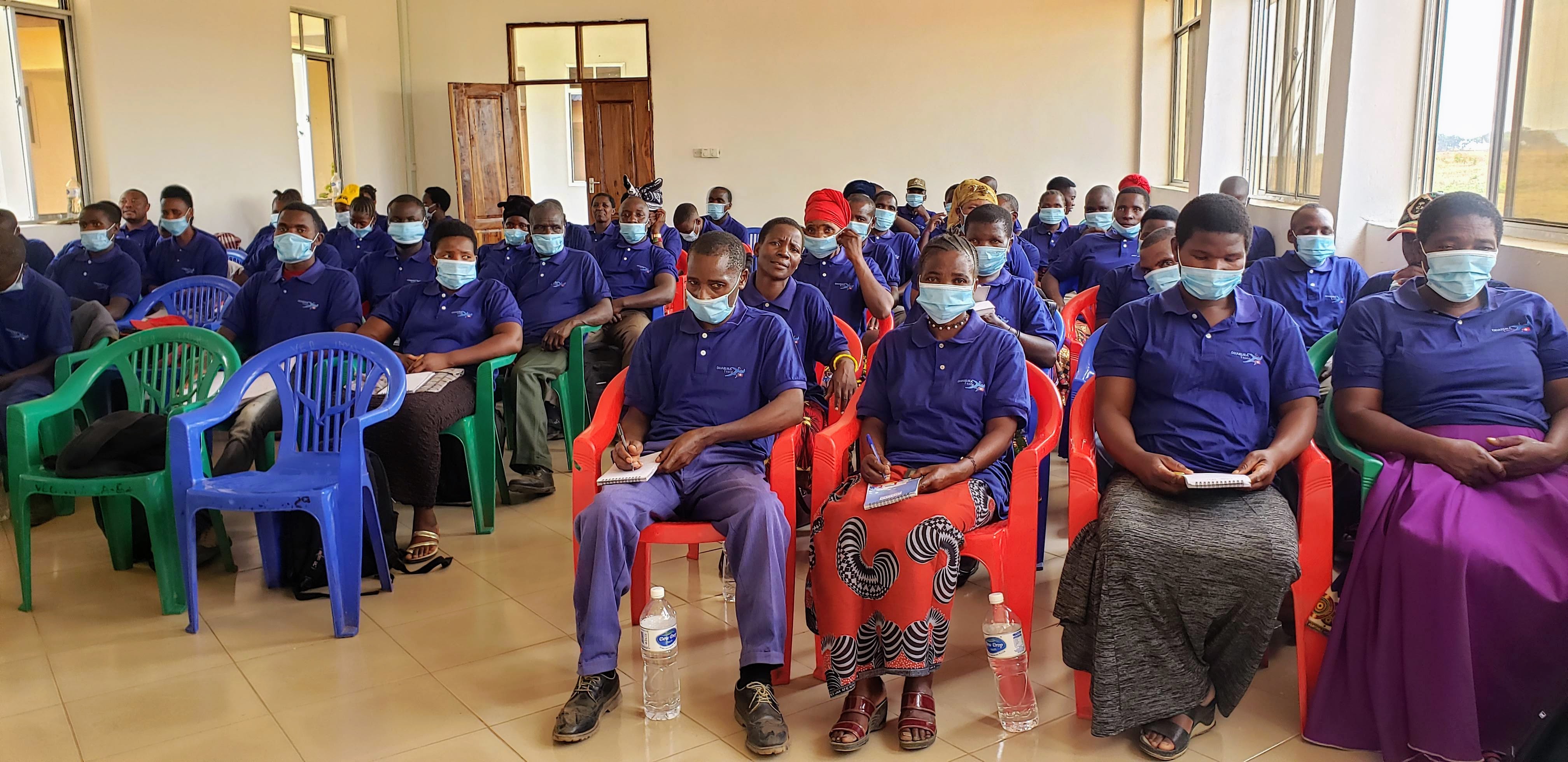
- By providing logistical support, such as communication and transport allowances, It enables CHWs to reach remote areas and perform their duties more effectively. This support directly enhances their ability to advocate and serve their communities.
- HIMSO has established clear channels for CHWs to report their findings and concerns. This ensures their advocacy efforts translate into tangible program improvements and policy changes.
Fostering Self-Management through CHW Umbrellas
HIMSO has taken a groundbreaking step by facilitating the establishment of CHW umbrella organizations in 10 district councils across the Mbeya and Songwe regions. These umbrellas are registered as formal Community-Based Organizations (CBOs), a crucial move that gives CHWs a legal and financial identity.
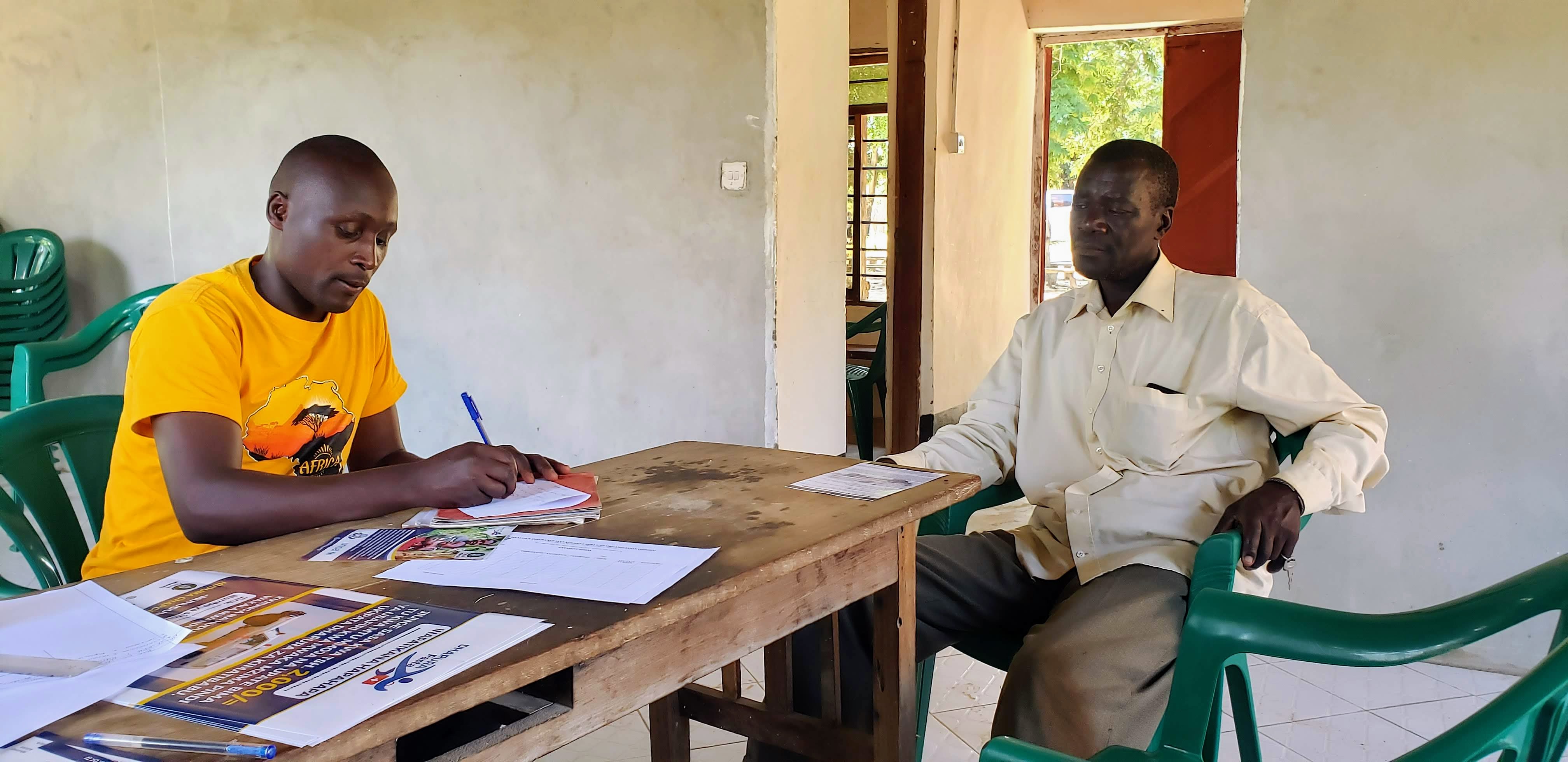
This initiative is a cornerstone of HIMSO’s empowerment strategy:
- Financial Independence: As registered CBOs, these CHW umbrellas can now self-manage their funds, receive direct financial support, and even apply for grants independently. This moves them away from a reliance on external aid and towards a model of sustainable self-sufficiency.
- Strengthened Advocacy: The formal status of these CBOs gives CHWs a stronger, more unified voice. They can now negotiate with local governments, advocate for their members' rights, and champion community health initiatives with greater authority.
- Professional Recognition: Registering as a CBO elevates the role of CHWs from volunteers to recognized community professionals. It provides them with a platform to manage their own projects, train new members, and build a lasting legacy of community health.
This innovative approach goes beyond simple advocacy. It equips our CHWs with the tools to become self-reliant leaders, ensuring that the progress made in community health is not only impactful but also sustainable for generations to come.

